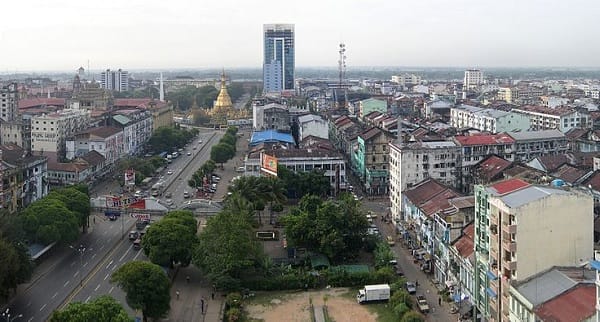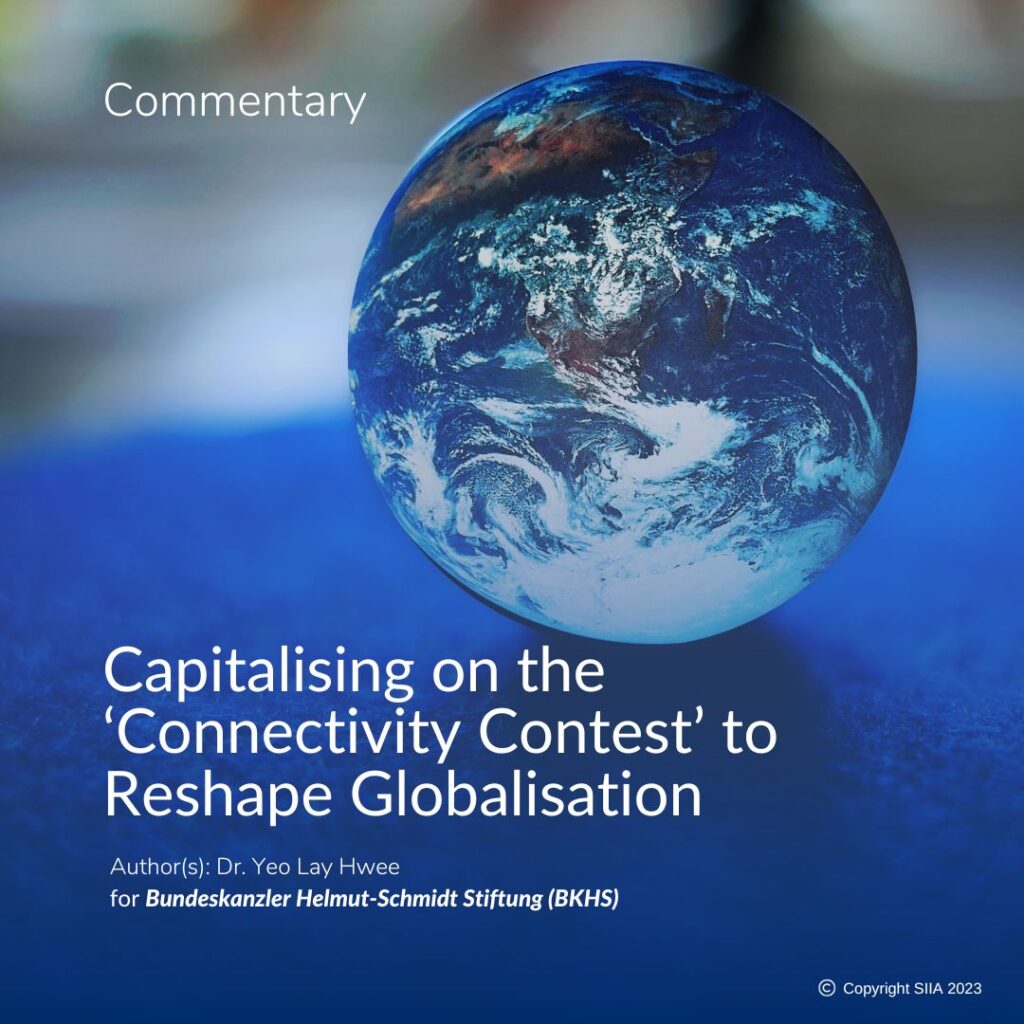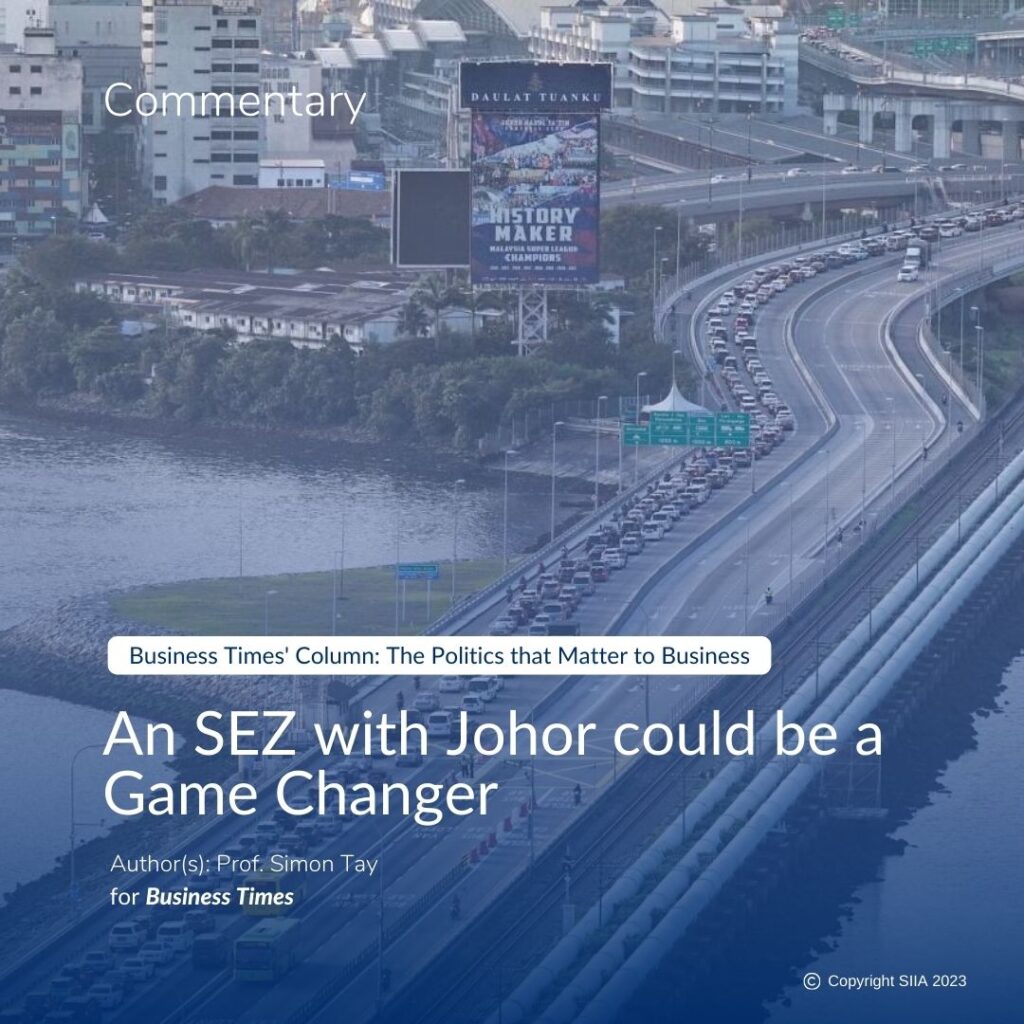For a while, when Myanmar opened after decades of isolation and sanctions, it seemed that the government could do no wrong as American and European governments rushed to embrace the country. Now, headlines from the West show that little or nothing seems right.
What was supposed to be a peaceful protest march earlier this week over a proposed new education law turned ugly after Myanmar’s police clashed with student protesters, monks and journalists. Then, there was the fierce fighting that broke out in the country’s north-eastern Shan State earlier this month between the Kokang ethnic rebels and the military, which has been prominently featured in the Western media. This follows accusations by the United Nations and others about human rights violations in the government’s dealing with the Muslim-minority Rohingya in Rakhine State.
The criticism goes beyond ethnic issues in remote states to the most central of political questions. Observers are increasingly questioning whether the year-end general election will be truly free and fair, and they urge constitutional amendments to lock in democratic reform.
Constitutional provisions disallow iconic opposition leader Aung San Suu Kyi from running for the presidency, and government leaders and Parliament are reluctant to amend them. Moreover, the military is directly represented in Parliament and shows little desire to reduce its role and influence.
Yet, as negative views mount, there are signs that others are betting that the country will continue to open up.
INVESTMENT GATHERING PACE
A key indicator is the influx of new foreign investment from the United Kingdom, Netherlands, Norway and Sweden. For instance, Myanmar has approved more than US$3.71 billion (S$5.11 billion) worth of investments from more than 70 UK-based companies, which lifts Britain to the country’s fifth-largest investor.
Asian neighbours have also made their moves. While Chinese companies are front runners, with more than US$14 billion in approved investment, Singapore and Japan firms are visibly active, especially in recent real-estate deals. Last December, Keppel Land put in US$47.4 million to develop a 23-storey office tower in Yangon with Myanmar’s Shwe Taung Group. This is a new commitment from the Singapore developer, which has been a long-time investor in Myanmar.
Real-estate and investment company Rowsley, in which Singapore billionaire Peter Lim holds a stake, will partner a Vietnamese firm to build one of Myanmar’s largest integrated projects, which will have four office blocks, a retail mall, residential and serviced apartments and a five-star hotel.
Japan’s Mitsubishi Corporation will also develop another integrated project worth around US$350 million in downtown Yangon, near the historic railway office. This is in partnership with Yoma Strategic Holdings, which is a Myanmar-focused, Singapore-listed corporation.
Projects are advancing in other sectors too, such as oil and gas, telecommunications and infrastructure. This is much needed, given Myanmar’s current state of development.
No doubt, there are challenges and questions that foreign investors want answers to. But most relate more to economic policy, rather than ethnic problems and political issues.
INTERPLAY OF POLITICAL AND ECONOMIC CHALLENGES
One of the recurring questions is about the priorities of Myanmar government leaders. Besides physical infrastructure — roads, buildings, electricity — there remain gaps in the “software” of the country to facilitate investment. This includes updated and detailed laws, clear regulations and policies. Many government leaders are making every effort to move ahead, but complaints still arise about red tape further down the ranks.
There is also some debate about whether the country’s economic development should rely on plentiful resources such as oil and gas and forestry or gear up for industrialisation.
Another major concern is finance. While the government has done well since its opening to stabilise the management of Myanmar’s currency, the kyat, the country still lacks a modern financial sector that can provide capital and credit efficiently and cheaply. Cash is still king and while some large corporations have the reserves, others struggle, especially smaller- and medium-sized enterprises.
The government has sought to take the first step by awarding nine foreign banks the first set of foreign banking licences to operate in Myanmar last October. These are not Western or international entities, but major Asian banks, including three from Japan and two from Singapore.
These banks can now lend to foreign investors and help support a second wave of foreign investors. But their licences do not allow them to offer local loans, due to concerns that smaller local banks may end up getting shut out from the banking industry.
Some have argued that developing the financial sector must involve both foreign and local banks. Only then can Myanmar corporations have more access to credit and other financial assistance to be competitive.
Amid this gathering economic momentum, the year-end elections bring much uncertainty. It remains to be seen if President Thein Sein will formally offer himself for re-election and whether he can gain support.
For many in Myanmar, Ms Suu Kyi remains immensely popular. Yet, respect has grown for the reform efforts that Mr Thein Sein and his administration have made. Many in the business community and among foreign investors will be keen to see continuity and stability for reforms and hope for greater speed in the country’s progress after the elections.
In contrast, others may wish for the elections to deliver change. Some in the West expect not only free and fair voting to be allowed, but that the country will emerge as a full-fledged democracy.
Neither view may be correct. Judging the country’s progress purely as being about political change and democracy can be overly idealistic.
But emphasising the path of business as usual may fail to recognise the need for a more rapid but steady reform. Myanmar’s opening was always about both political and economic challenges, and their interplay will continue.
ABOUT THE AUTHORS:
Simon Tay and Cheryl Tan are, respectively, chairman and assistant director of the Singapore Institute of International Affairs (SIIA). On March 23, the SIIA will hold an Asean-Myanmar Forum in Yangon to discuss the country’s next phase of growth. For more information, visit http://bit.ly/1M1hpO1. This article was published in TODAY on 13 March 2015. It also appeared in The Myanmar Times on 18 March 2015 under the title “The Political and Economic Challenges of Myanmar’s Future”. An earlier version of the commentary was also published in The Nation (Thailand) on 4 March 2015 under the title “Betting on Myanmar’s Opening”.




